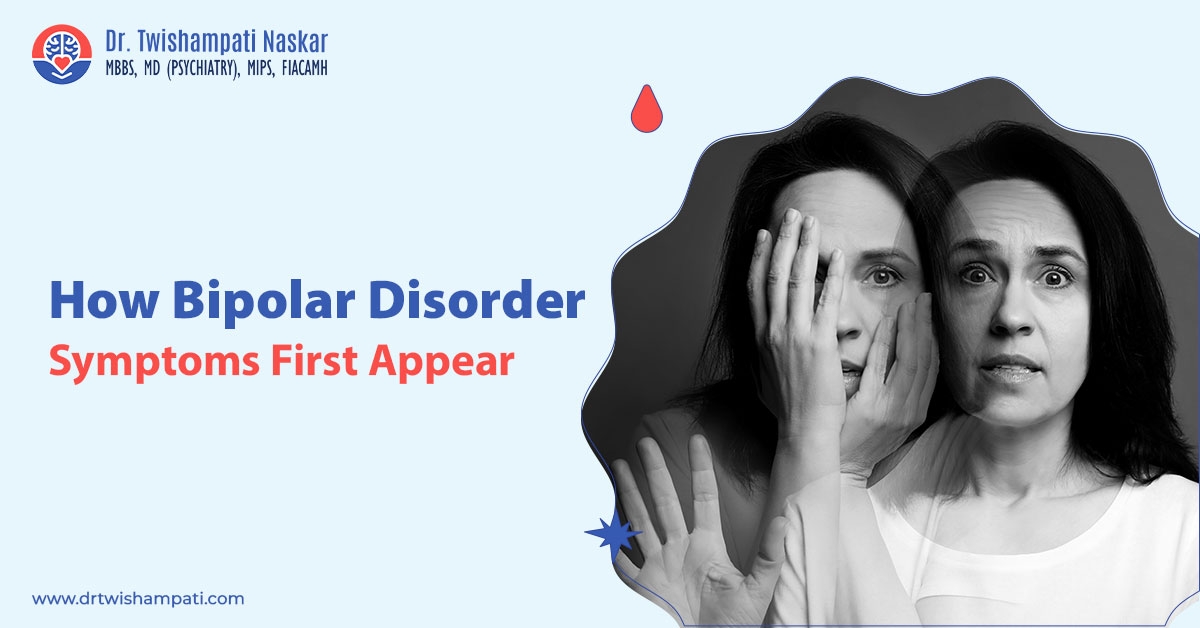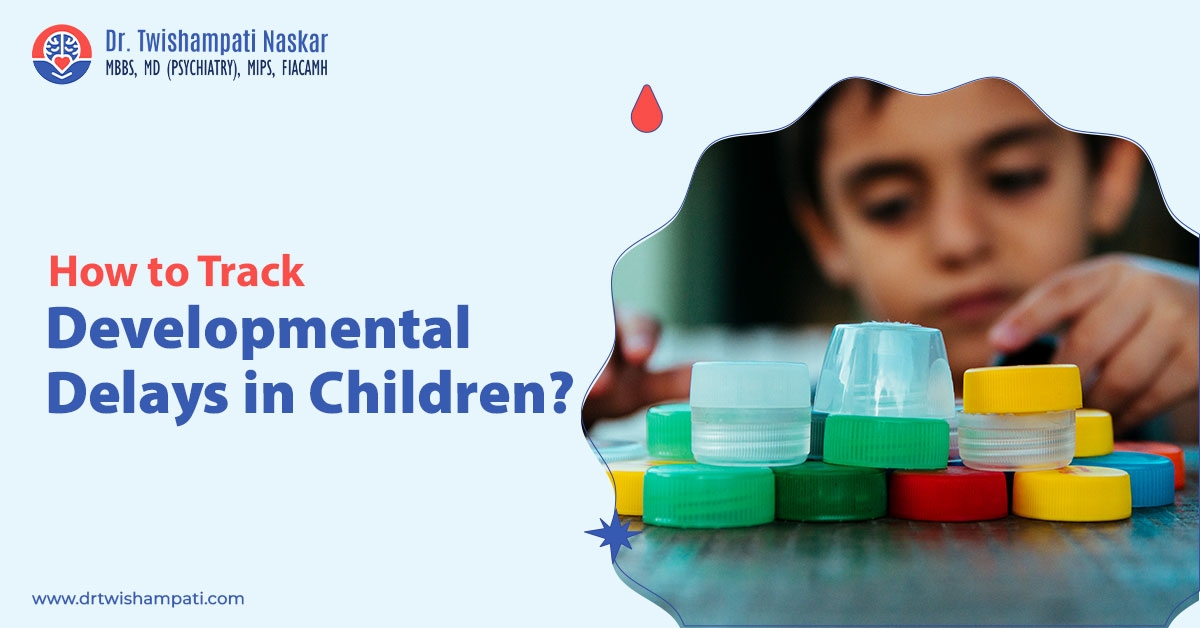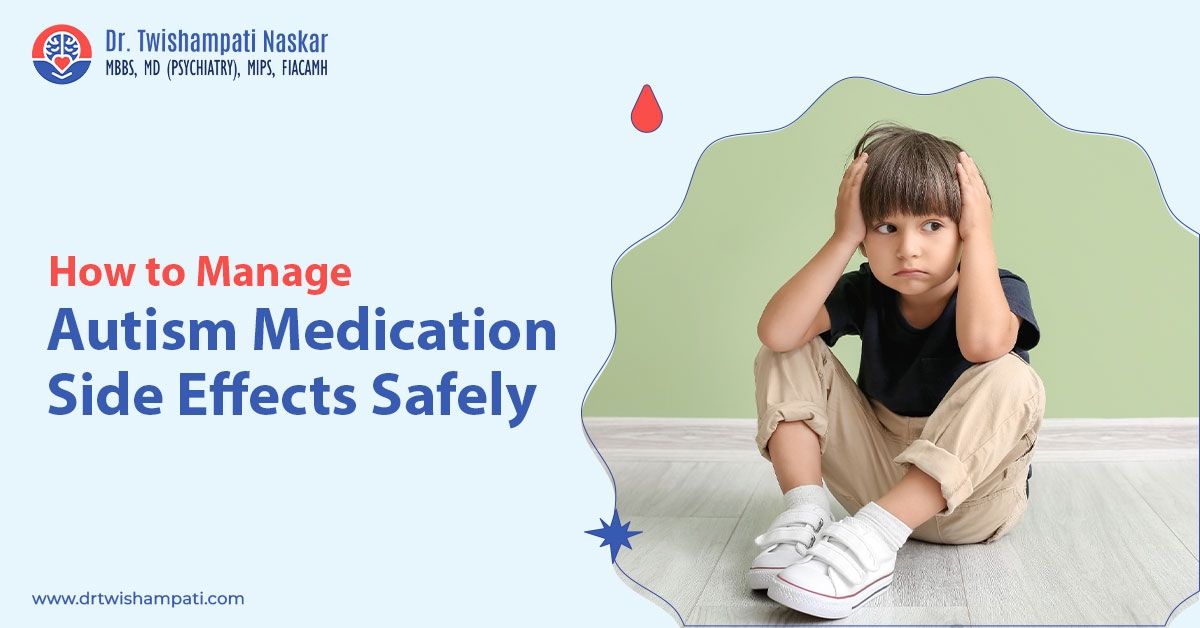Being a parent, it’s natural to worry if your child seems a little different from other kids. Maybe they don’t respond when you call their name, avoid eye contact, or find it hard to interact with others. These could be early signs of autism. Noticing them early and getting the right autism treatment in Siliguri can really help your child grow and develop in a positive way.
Autism is not something to be scared of. It just means your child understands and reacts to things differently. With love, care, and the right support, children with autism can learn well, do great things, and live a happy life.
Every child with autism is unique, and learning about their specific needs early on can make a big difference. The earlier you start understanding and supporting them, the better they can develop their skills, confidence, and independence.
What Autism Means for Your Child
Autism, or Autism Spectrum Disorder (ASD), is a condition that affects how a child communicates, behaves, and interacts with others. Every child with autism is different, some may start talking later, while others may have very focused interests or be sensitive to sounds, textures, or lights.
Because autism is a spectrum, it’s not always easy to spot early. But knowing the early signs of autism in children can help parents act quickly, get professional guidance, and provide the right kind of support for their child.
Common Early Signs of Autism
Every child grows at their own pace, but there are some early signs of autism you can look out for:
-
Limited eye contact or trouble connecting with others
-
Delayed speech or difficulty using words
-
Repetitive movements, like hand-flapping, rocking, or spinning
-
Strong dislike of changes in routine
-
Focusing very intensely on certain objects or topics
-
Trouble understanding social cues or other people’s feelings
Seeing one or more of these signs doesn’t automatically mean your child has autism, but it’s a signal to talk to a specialist. Early autism screening in Siliguri can help figure out if your child could benefit from support or therapy.
The Importance of Early Diagnosis
Early Intervention Helps Children Grow
Getting help early can make a big difference. Children who start support sooner often learn important skills faster. Therapies like behavioral therapy, speech therapy, or occupational therapy can help them communicate better, interact with others, and take care of themselves.
Support That Fits Each Child
Every child with autism is different. Early diagnosis helps specialists create a plan that matches your child’s needs. This might include autism therapy, social skills practice, or exercises to handle sensory sensitivities.
Reducing Future Challenges
Starting support early can make school, friendships, and daily life easier for your child. It can also help manage frustration, anxiety, or difficult behaviors as they grow.
Helping Families Feel Confident
Early diagnosis also empowers parents and caregivers. It gives you the tools and knowledge to support your child, communicate better, and create a loving and structured environment at home.
How Early Can Autism Be Diagnosed?
Many parents wonder how early autism can be noticed. In many cases, signs can show up as early as 18 months, and sometimes even sooner. Doctors use developmental check-ups to watch how a child communicates, behaves, and interacts with others.
Catching it early is really important because it means your child can start autism treatment in Siliguri or early support programs sooner. And even if a formal diagnosis comes a little later, reaching out when you notice unusual behaviors is always a good step.
What Happens After an Autism Diagnosis?
Receiving a diagnosis can feel overwhelming, but it’s actually the first step toward meaningful support. After a diagnosis, families usually work with a team of specialists to create a personalized care plan.
A typical plan may include:
-
Therapies: Behavioral, speech, occupational, or social skills therapy tailored to your child’s needs
-
Educational Support: Guidance for schools to help children learn effectively
-
Parent Training: Learning strategies to support your child at home
-
Regular Monitoring: Ongoing assessments to track progress and adjust therapy as needed
Autism is a lifelong condition, but early support helps children learn, grow, and thrive in ways that might not have been possible otherwise.
Role of Therapy in Early Autism Care
Therapy is a cornerstone of autism care, especially when started early. Some common therapies include:
-
Behavioral Therapy: Helps children learn new skills and reduce challenging behaviors
-
Speech and Language Therapy: Improves communication, from gestures to spoken language
-
Occupational Therapy: Supports daily living skills, motor coordination, and sensory challenges
-
Social Skills Programs: Teaches children how to interact, understand emotions, and build friendships
Combining these therapies can greatly improve a child’s independence and confidence over time.
Supporting Yourself Helps Your Child
Autism doesn’t just affect the child it affects the whole family. Parents often feel stressed, worried, or even guilty at times. Getting support through parent groups, counseling, or professional advice can really help.
Taking care of yourself also means finding time to rest, relax, and recharge. When you feel supported and calm, it’s easier to make thoughtful decisions and respond patiently to your child’s needs. Learning about autism, connecting with other families, and taking care of yourself make it easier to support your child.
When parents feel confident and supported, it can have a big positive impact on a child’s growth, learning, and overall happiness. After all, a strong and balanced parent helps their child reach their full potential.
Conclusion
Catching autism early can make a big difference. It helps children get the right support, allows families to understand their child better, and gives everyone the tools they need to handle challenges with confidence. With early therapy, guidance, and consistent care, children with autism can learn, grow, and thrive.
For professional guidance and autism treatment in Siliguri, Dr. Twishampati Naskar offers personalized care and supportive therapies to help children and families every step of the way.





